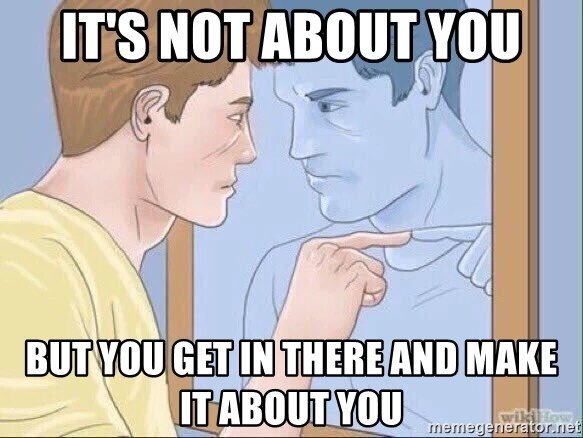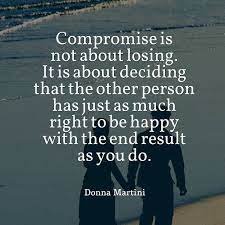As a young child I cherished the December advent calendar. I loved searching for the number, opening it and devouring the cheap chocolate inside. I loved looking at it to see if it was a wreath or a candlestick, or a snowman or a Christmas tree. I loved counting down how many more sleeps until the big day. As I got older, mum got us the fabric ones and let us choose which chocolates we could put in them. I do this with my kids too, and they just love carefully choosing which chocolates they will want to enjoy each morning!
But last year my friend did up a few personalised advent calendars and I loved this idea! She included a chocolate, a small perfume or nail care item and a Christmas joke in each day. Hers were in paper bags labelled 1-25. You could use a premade wooden box, envelopes, paper bags, a cloth calendar… the options are endless.
So you’re on board with this idea and loved it as much as I did…. Except you don’t really know what to put in it? Well I have come up with 30 ideas to help you out. You could make them all the same, or put a different thing on each day, the choice is completely up to you!
1. My favourite idea is to get each of your friends family and their friends to write something nice about your friend so they have 25 nice quotes to read each day. Make it more fun by making them guess who said what!
2. $1 scratchy lotto cards.
3. Write some of your favourite memories of you and your friend together.
4. Words of encouragement.
5. Proverbs.
6. Sweet treats.
7. Sample or travel sized toiletries.
8. Jewellery.
9. Small tools.
10. Mini or sample sized scents.
11. Tea light candles.
12. Oils for burning.
13. Hair accessories.
14. Stationery items.
15. Makeup.
16. Lip balm or gloss.
17. Purse mirror.
18. Nail polish.
19. Nail Care set.
20. Nail file.
21. Tweezers.
22. Coins.
23. Magic Beans.
https://www.facebook.com/MagicBeansAustralia
24. Quotes about friendship.
25. Funny friendship or Christmas memes.
26. Photo’s of the 2 of you together.
Photo by Joel Muniz on Unsplash
27. Stickers.
28. Mini alcohol bottles.
29. Tea/coffee/hot chocolate.
30. Vouchers or coupons.
https://www.catchmyparty.com/vendors/product/christmas-gift-certificate-template-printable-christmas
You could easily mix and match like my friend did, including a few things each day, make it budget friendly, and work up to the things you think they would love the most towards the end. Not only does it help you both get in the spirit of Christmas, but it shows effort and care in the lead up to the busy and silly season so your friend knows you care, even if you can’t spare much time for them when December rolls around.
Hope you have as much fun with this idea as I am! Get working on it now though, so it is ready for the 1st December which is rolling around fast!
❤ Love,
Your Best Friend ForNever
xx








































































































